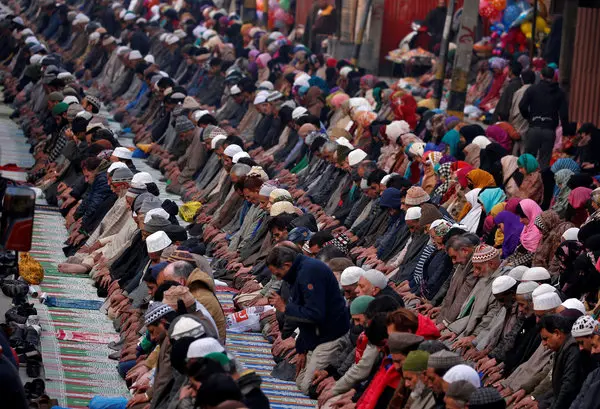Islamic New Year 1447 AH: Origin, significance, and why it matters today

S’Arabia, Sultan confirm new Islamic calendar year 1447 AH begins Thursday.
The Islamic New Year 1447 AH has officially begun, marking a fresh start in the Hijri calendar for Muslims worldwide. Unlike the Gregorian New Year, which is often celebrated with parties and countdowns, the Hijri New Year is a moment of deep reflection, spiritual renewal, and remembrance of a pivotal event in Islamic history — the Hijrah (migration) of the Prophet Muhammad (PBUH) from Makkah to Madinah.
What is the Hijri Calendar? The Origin of the Islamic New Year
The Islamic calendar, also known as the Hijri calendar, was instituted in 638 CE by Caliph Umar ibn al-Khattab (RA). Its starting point was backdated to 622 CE, the year of the Prophet Muhammad’s migration (Hijrah) to Madinah, which symbolized the birth of the first Islamic state and a turning point in Islamic civilization.
Unlike the solar-based Gregorian calendar, the Hijri calendar is lunar, consisting of 12 months and approximately 354 days. As such, Islamic dates move backward by about 10 to 11 days each year on the Gregorian calendar, which means Islamic events like Ramadan, Eid al-Fitr, and Ashura occur earlier each solar year.
Why Muharram is One of the Four Sacred Months in Islam
The Islamic New Year begins with Muharram, one of the four sacred months mentioned in the Qur’an during which warfare is prohibited. Known as the Month of Allah by Prophet Muhammad (PBUH), it is a highly respected and spiritual month.
The 10th day of Muharram, called Ashura, is significant for several reasons:
-
Sunni Muslims commemorate it in honor of Prophet Musa (AS) and the Israelites’ deliverance from Pharaoh.
-
Shia Muslims observe Ashura as a day of mourning to remember the martyrdom of Imam Hussain (RA), grandson of the Prophet, at the Battle of Karbala in 680 CE.
How Muslims Observe the Islamic New Year
Unlike Western New Year festivities, the Islamic New Year is not marked by loud celebrations or fireworks. Instead, it is a time for:
-
Personal reflection
-
Supplication (dua)
-
Seeking forgiveness
-
Setting spiritual goals
-
Remembering the values of the Hijrah
Muslims often recite special prayers, visit mosques, and reflect on how to improve their character and relationship with Allah in the coming year.
READ ALSO
S’Arabia, Sultan confirm new Islamic calendar year 1447 AH begins
Hijrah 1446: Significance, origin… all to know as Muslims mark New Year Calendar
Lessons from the Hijrah: Relevance of 1447 AH in Modern Times
As the world welcomes 1447 AH, the message of the Hijrah remains as powerful as ever. The Prophet’s migration was not merely a physical journey but a bold move to establish a society grounded in faith, justice, compassion, and unity.
In an era marked by global conflict, identity crises, and social inequality, the Hijrah teaches:
-
The importance of sacrificing for a greater cause
-
The value of community building
-
The need for moral leadership
As Muslims face new challenges in various regions — from religious discrimination to displacement — the Islamic New Year is a timely reminder of resilience, renewal, and collective responsibility.
What Makes 1447 AH Special for Muslims Worldwide
This new year offers Muslims an opportunity to:
-
Reconnect with Islamic teachings
-
Reassess personal and communal goals
-
Reaffirm commitment to spiritual and ethical values
-
Promote peace, dialogue, and social harmony
The transition into 1447 AH is not just a calendar event — it is a call to action for believers to embody the spirit of Hijrah in everyday life.
Reflect, Renew, and Reconnect
As 1447 AH begins, Muslims across the globe are encouraged to approach the Islamic New Year with sincerity and purpose. It’s a time to leave behind what no longer serves one’s faith, embrace growth, and walk in the footsteps of the Prophet (PBUH) with courage and humility.
May this new year bring peace, mercy, and spiritual elevation to all.

